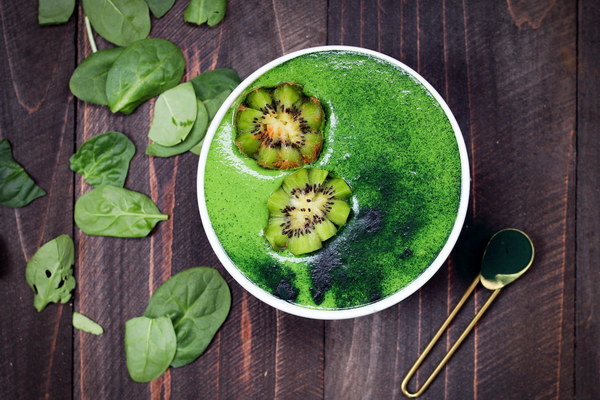The Surprising Reason Behind Hair Regrowth After Nutritional Supplements
Introduction:
Hair loss is a common concern for many individuals, and while there are various treatments available, natural remedies such as nutritional supplements have gained popularity. One intriguing phenomenon that has been observed is the regrowth of hair after taking these supplements. This article delves into the reasons behind this surprising occurrence, exploring the role of nutrients and their impact on hair health.
1. Nutrient-Rich Diet:
A balanced and nutrient-rich diet is essential for overall health, including the health of your hair. When you consume a diet rich in vitamins, minerals, and other essential nutrients, your body is better equipped to support hair growth. Nutritional supplements can help bridge any gaps in your diet, ensuring that your hair receives the necessary nutrients to thrive.
2. Protein: The Building Blocks of Hair:
Protein is a crucial component of hair, as it is made up of a protein called keratin. Without adequate protein intake, your hair may become weak, brittle, and prone to breakage. Nutritional supplements often contain high-quality protein sources, such as whey, pea, or hemp protein, which can help promote hair growth by providing the necessary amino acids for keratin synthesis.
3. Vitamin D:
Vitamin D plays a vital role in hair growth and health. Studies have shown that vitamin D deficiency can lead to hair loss, as it helps regulate the immune system and promotes healthy skin and hair follicles. Nutritional supplements that include vitamin D can help address any deficiencies and support hair growth.
4. Iron:
Iron is an essential mineral that carries oxygen to the hair follicles, ensuring a healthy blood supply. A deficiency in iron can lead to hair loss, as the hair follicles may not receive enough oxygen and nutrients. Nutritional supplements rich in iron, such as those containing heme iron (found in animal products) or non-heme iron (found in plant-based sources), can help replenish iron levels and stimulate hair growth.
5. B Vitamins:
B vitamins are a group of water-soluble vitamins that play a crucial role in energy production, cell growth, and hair health. Deficiencies in B vitamins, particularly biotin (vitamin B7), have been linked to hair loss. Nutritional supplements that provide a comprehensive B vitamin complex can help maintain healthy hair and support hair growth.
6. Omega-3 Fatty Acids:

Omega-3 fatty acids are essential for healthy skin and hair, as they help maintain the integrity of cell membranes. These fatty acids also have anti-inflammatory properties, which can help reduce scalp inflammation and promote hair growth. Nutritional supplements containing omega-3 fatty acids, such as fish oil or algae-based supplements, can support hair growth by addressing any deficiencies in these important fatty acids.
7. Hydration:
Proper hydration is essential for overall health, including the health of your hair. Dehydration can lead to dry, brittle hair and may exacerbate hair loss. Nutritional supplements that provide hydration, such as those containing electrolytes or hyaluronic acid, can help maintain optimal hydration levels and support hair growth.
Conclusion:
The regrowth of hair after taking nutritional supplements can be attributed to the essential nutrients they provide, which address deficiencies and support overall hair health. By incorporating a balanced diet and targeted nutritional supplements, you can nourish your hair from the inside out, leading to healthier and thicker hair. Remember to consult with a healthcare professional before starting any new supplement regimen to ensure it is suitable for your individual needs.









